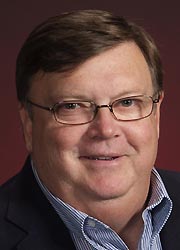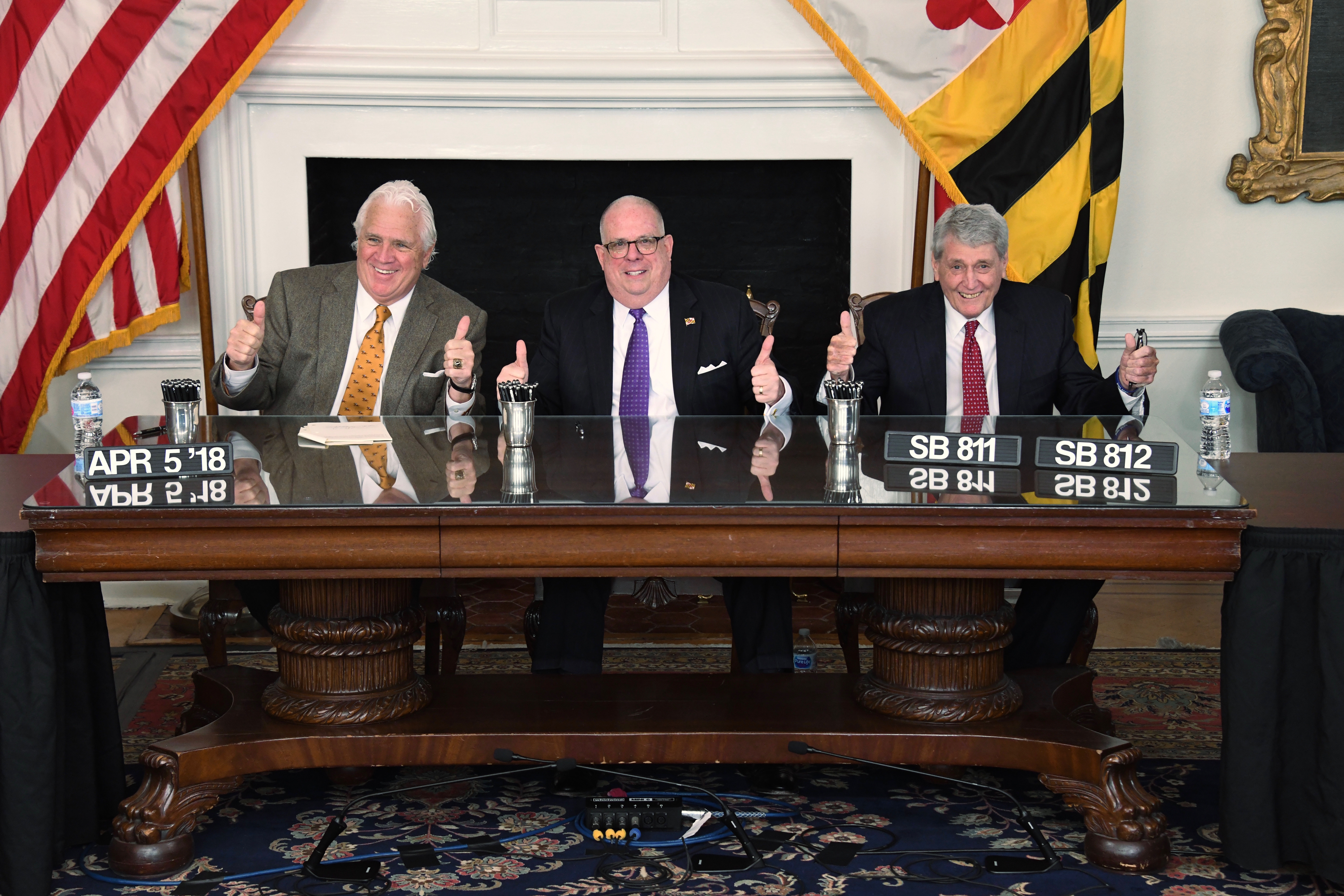This story was corrected 5 p.m. Thursday.
By Ilana Kowarski
For MarylandReporter.com
Body scanners and phone wiretaps throughout Maryland’s prison system are the latest in a series of legislative proposals being considered by lawmakers trying to eliminate corruption in the state’s correctional facilities.
Other suggestions include polygraph tests for correctional officer applicants and mandatory minimum sentences for convicted contraband smugglers.
In a work session Wednesday, the General Assembly’s commission on prison safety discussed new security measures to respond to the federal indictments of 13 correctional officers at the Baltimore City Detention Center who were accused of being active gang members and bringing dangerous contraband into prisons. The indictments caused a stir when they were released this May, and the Special Joint Commission on Public Safety and Security in State and Local Correctional Facilities was formed to address systemic problems in the prison system.
In a lively discussion, its members debated which methods to use to crackdown on illegal activity in prisons.
Prison system like a house on fire
“The house is on fire, and it’s hard to tell which part of it to save first,” said Sen. Brian Frosh, D-Montgomery, who is currently running for attorney general.
Frosh said that understaffing was a critical problem in state prisons, because it meant that there is inadequate supervision of inmates.
“The prisoners are in danger, and so are the officers,” he said. “The whole security of the prison relies on corrections officers having back-up if something goes wrong.”
Frosh said that there were nearly 400 vacancies in the state prison system, but those figures were disputed by Kevin Loeb, the legislative director of the Department of Public Safety and Correctional Services. Loeb said that the prison system had filled 98% of all of its open positions, which he said was an unusually high rate for a state government agency. He did not give a specific number of vacancies.
Senators say not enough correctional officers
But Loeb’s argument did not sway Sens. James Mathias, D-Lower Shore, and George Edwards, Allegany, who said that there were not enough corrections officers to keep prisons safe.
Edwards said that stabbings and other violent incidents are too frequent.
“My main concern is for the safety of the [prison] employees,” he said. “It’ll be hard to get people to take these positions.”
Other lawmakers were more concerned with vetting prospective corrections officers. All the legislators on the commission supported polygraph tests for applicants to corrections jobs.
The commission members were dismayed when Loeb said that his agency had the authority to give the tests but had not been exercising it, “Is there any reason why you don’t do it?” said Nathaniel McFadden, D-Baltimore City.
CORRECTION: Loeb said the department is looking at this as an option. He said some systems polygraph recruits, other don’t. There is no set of “best practices” nationally. But the department is considering it, and has been doing its research on the matter for some time.
Loeb indicated that it would be a costly, time-consuming burden to administer the polygraph tests to all applicants, and he said that many U.S. states did not require prospective corrections officers to take polygraphs.
Need to reduce time pre-trial detention
That dispute was not resolved, but there was consensus on the idea that the state needed to reduce the amount of time that people spent in detention centers after being charged with a crime.
Sen. Christopher Shank, R-Washington County, said that he had heard about pre-trial detentions lasting more than two years, an amount he thinks is unacceptable. Citizens have a right to a speedy trial, he said, but he is also concerned because prisons are a breeding ground for gang activity.
Del. Luke Clippinger, D-Baltimore City, who is a prosecutor, agreed that these lengthy detentions were a problem. But he said that it would be difficult to solve, since “there are so many variables” that can postpone a trial, including delay tactics by defense attorneys.
Clippinger said that one of the best ways to combat crime in prisons would be to impose mandatory minimum sentences on those who brought contraband into prisons. He also advocated wiretapping in prisons and said that inmates “have no expectation of privacy” or right to privacy when they use phones in jail.
Cluster pushed for full-body scanners
The most vocal contributor to the conversation was Del. John Cluster (R-Baltimore County), a former policeman who said that his law enforcement experience made him uniquely qualified to contribute ideas on prison reform.
Cluster had a variety of suggestions, and he proposed that full-body scanners should be installed in every state prison.
Sen. Ed DeGrange, D-Anne Arundel, a co-chair of the commission, objected and said that the scanners would be too expensive, since each device would cost roughly $200,000.
Cluster replied, “Isn’t it worth $200,000 to prevent what happened in Baltimore City?”











That’s an honest head- they “discuss” it- and have been discussing it for about 300 years. But nothing is done- inmates do not have a voice. Having worked 33 years at the Jail I applaud rehab programs, skimpy as they are. Capitalism maintains an underclass- mostly black- to assure us something is “being done” abt crime. The big criminals- politicians, Wall St operators- they go scot free. Rise up people, you’re being snookered.